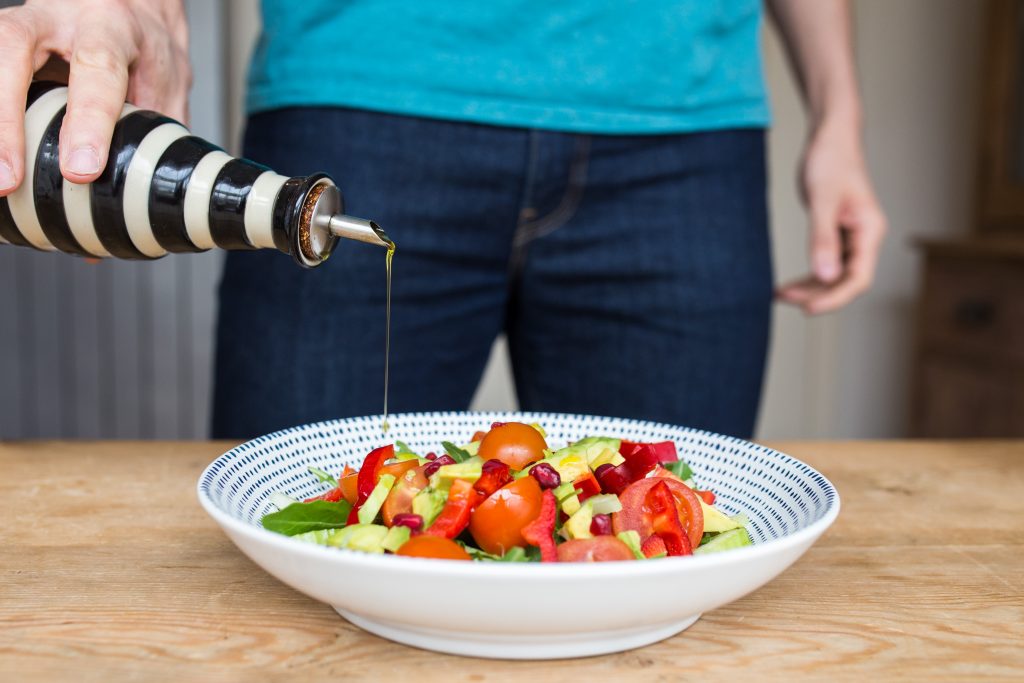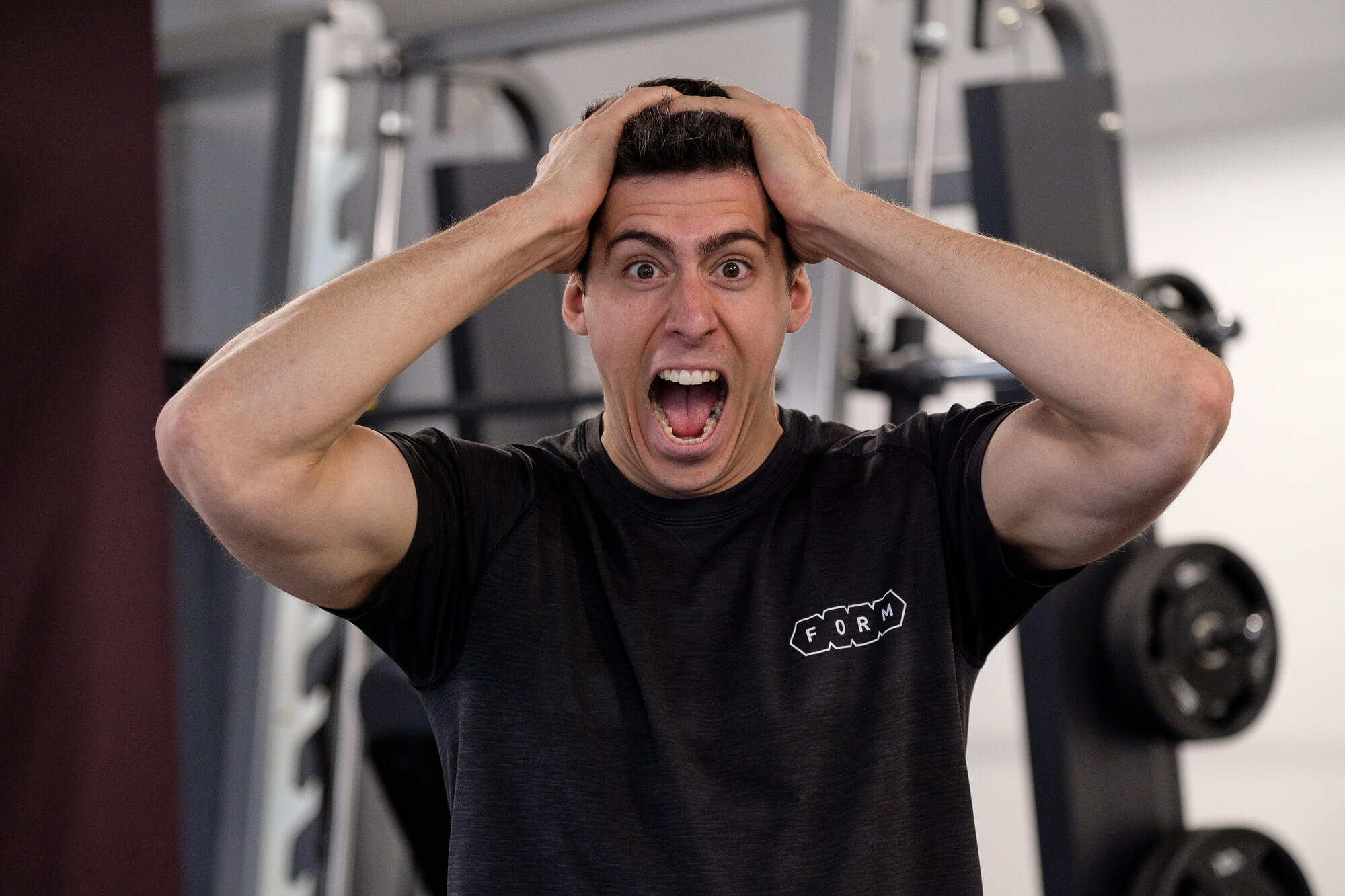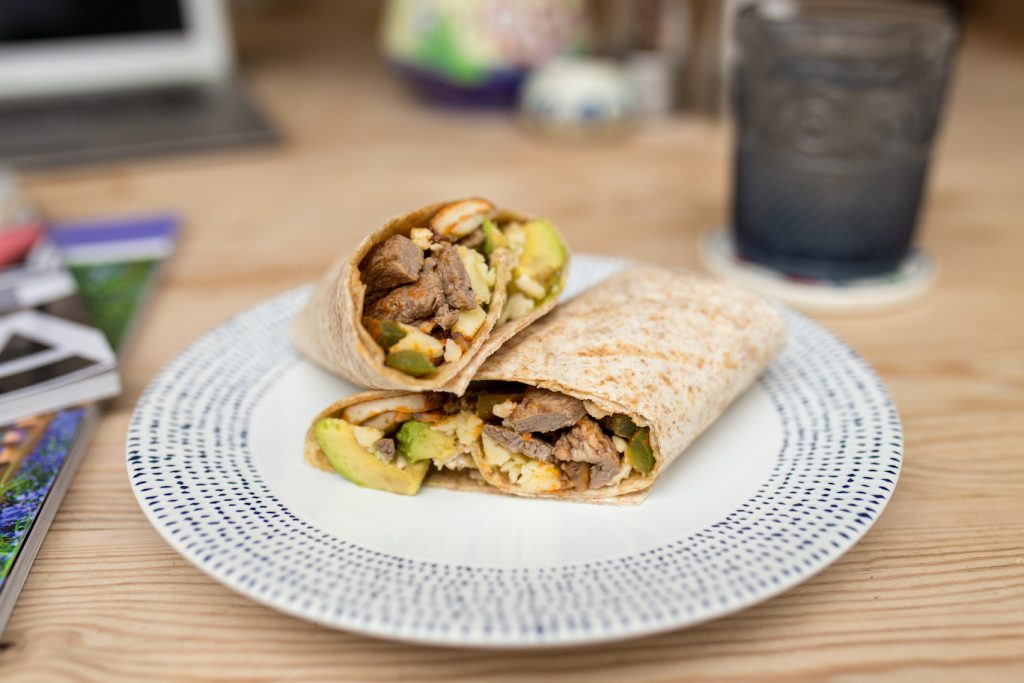5 Diet Myths Cracked
In todays society there is so many diet conspiracies floating around no wonder you can get confused with what’s right or wrong!
If weight loss is your goal, the key thing to remember is CALORIES IN vs CALORIES OUT. If you consume more calories than your energy output you will gain weight. Putting yourself in a calorie deficit and moving more on a day to day basis will set you up for a sustainable weight loss journey.
Below we have cracked 5 common diet myths which are often misconstrued;
- “Carbs make you fat”
Yes and so does anything if you eat too much of it!
Carbohydrates have been given a bad rap because people just aren’t aware of how many calories they are consuming in each meal serving and point the blame on carbs. It’s considered the norm to load your plate with a larger serving of your pasta’s, rice, potatoes etc as opposed to your protein and fat intake.
Carbohydrates are what people tend to overindulge on most due to them being a highly palatable food group therefore the body takes on extra calories that it can’t tolerate.
If the body is in a calorie surplus then it is inevitable that you will gain weight.
When people cut carbs from their everyday diet they lose weight and connect this immediately to the carbs when ultimately they have just reduced their calorie intake.
Tip
. Be more aware of your calorie intake per meal serving by tracking on myfitnesspal
. Incorporate more nutritionally rich carbohydrates such as sweet potato, brown rice, rye bread with your meals as opposed to starchy carbs like white bread, pasta, white rice and white potato’s.
. Make sure to be eating adequate protein within each meal serving and load your plate with vegetables which will make you feel fuller for longer and less tempted to eat excessive carbs!
- “If you eat after 8pm you are more likely to gain weight”
Calories can’t tell the time.
In today’s society our days are much longer therefore people aren’t getting home from work until late in the evening and then are having to cook. Being tired, hungry and desperate to catch coronation street on TV before going to bed, it’s usually the meal choices which people go for at this time of night as opposed to the time itself. Late evening snacking is common for most people and can be due to some of the following factors:
. Not eating enough during the day so therefore feel the need to overindulge when they get home and are more likely to make poor choices.
. Not drinking enough water throughout the day
Yes calories are utilised for energy more so in the day than in the evening but don’t be lead to believe that anything eaten before bed will just be stored as fat, as long as you move enough the next day the body will dip into its stores.

- “Low fat is healthier than full fat”
People are often mislead when it comes to a “low fat” food label and instantly think it must be the healthier option without reading further into the other contents of the product.
When fat is removed from a manufactured product it will taste horrendous. The manufacturers know that no one will buy their food if it’s gross so they add a load of sugar to boost the flavour. Still low fat though right?
Fat is an important nutrient that we need in our diets, and low fat diets tend to impose several health risks.
“Some of the biggest arguments for including more fat in your diet boil down to fat’s ability to help control hormones, especially insulin. Low-fat diet risks include hormone imbalances and insulin resistance commonly linked to diabetes, weight gain, gut problems, cognitive disorders and more.” – Dr. Axe
Tip
Fats we need to obtain from our diets are:
.Saturated fats (long- and medium-chain)
.Monounsaturated fats
.Polyunsaturated fats (especially omega-3s and some omega-6s)
It may come as a surprise to how much fat we really should be eating if we are used to following the government recommendations of a low-fat, high-carbohydrate diet.
The benefits of a higher fat diet are:
.You’re most likely to feel fuller between meals
.Have less carbohydrate and sugar cravings.
.Think more clearly, and have more energy throughout the day
Always be aware that the quality of fat you eat is just as important as the quantity when it comes to your health!
- “Skipping meals will save calories”
If you are wanting to lose weight quickly and think by just not eating the weight is bound to drop, then think again.
Skipping meals throughout the day will rapidly reduce your energy levels where you won’t be able to function optimally without some kind of fuel. Therefore this is where you then reach for the odd snack here and there to keep you going which will tend to be high sugar or starchy carbohydrate based which will be high calorie.
Not only has your body not received the valuable nutrients that in needs on a day to day basis, the body will cling on to the high calorie “snacks” and store them as fat as it won’t know when it will be getting the next meal.
Skipping meals or fasting is not a sustainable way to “diet” and you are more likely to pile on the pounds even more once you go back to your usual diet.
If you are wanting to lose weight healthily and effectively keep the following factors in mind:
. You must be in a calorie deficit to lose weight but still be aware eating the valuable nutrients that the body requires to function is highly important .
. Increase your energy output by moving more throughout the day (NEAT -Non exercise activity thermogenesis (insert link to other article), this can be simply walking it doesn’t have to be strenuous exercise.
- “Meal frequency boosts your metabolism”
People tend to assume that if they eat 5 meals a day as opposed to 3 they are more likely to lose weight. Again, the misconception here is that it’s not the frequency it’s the CALORIES. When you don’t eat enough during the day for example, skipping breakfast and only have a small lunch, you tend to binge out on high calorie snacks which in result is ramping up your daily calorie intake along with not moving enough.
By strategically meal prepping and planning out 5 meals a day, a person is less likely to have hunger cravings and snack on these high calorie foods. When the body is in a calorie deficit and you are expending more energy output, you will then lose weight.
Now I’m not saying this is the be all and end all for losing weight, it works for some and not for others.
The human metabolism is so complex, throwing in an extra couple of meals a day isn’t going to alter it.
The key thing to remember here is instead of focusing on meal frequency, you should nail the basics that will largely determine the success of your training: your diet choices and calorie consumption.
Want to start your transformation but have no idea where to begin? Get in touch with out Manchester Personal Trainers today and book in for your free consultation.







